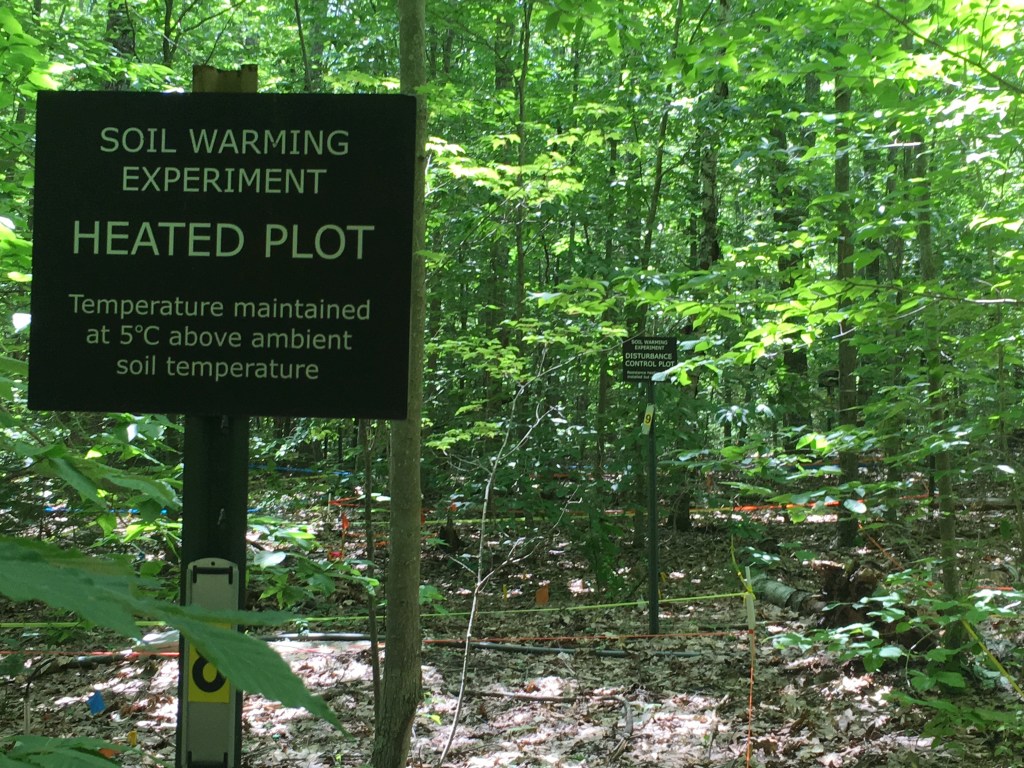** This position is filled, but check back for future opportunities! **
We are looking to hire an undergraduate student to work part time in the Molecular Microbial Ecology Lab. Could our lab be a good fit for you?
Continue reading “Opportunity for an undergraduate research assistant”
